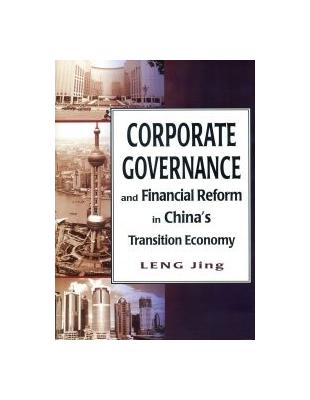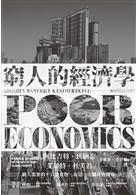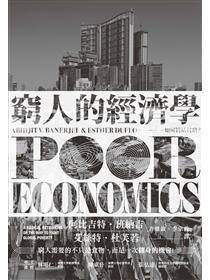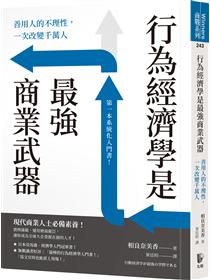名人推薦:
This book provides an up-to-date and highly comprehensive critique of the multi-dimensional forces that have shaped the current normative structure for corporate governance in China. For those interested in corporate governance in China, this is a valuable source of information as well as a feast for thought. — Dr. Anthony Neoh, Senior Counsel, former Chief Advisor to the China Securities Regulatory Commission and former Chairman of the Securities and Futures Commission of Hong Kong This book takes an insightful look at enterprise reform and corporate governance in China, going beyond listed companies to look at other forms of business organization as well as gatekeeper institutions. The author then situates China within broader debates about global corporate governance. This book marks an important contribution to the comparative corporate governance literature. — Professor Donald Clarke, George Washington University Law School Leng’s book is the most comprehensive study to date of China's corporate governance reforms. The book adds to our understanding of the value and limitations of Chinese-style gradualism, and of the importance of mixing international best-practice with local solutions. We learn what has worked, but also what China must do going forward to sustain economic development. This book is important reading not just for those interested in corporate governance in China, but also those seeking insights into what other developing countries may learn from China's experience. — Professor Benjamin L. Liebman, Director of the Center for Chinese Legal Studies, Columbia Law School The author suggests that China serves as an example illustrating the benefits of gradual transition, and proper sequencing and pacing of reforms at different stages of development. . . . The book is both impressive and logical in its coverage. Because of this, it provides a useful and engaging account that is not only relevant to those interested in China, but also to those interested in analogies that might be drawn in other developing countries. — Professor Sarah Worthington, London School of Economics








 二手徵求有驚喜
二手徵求有驚喜

































